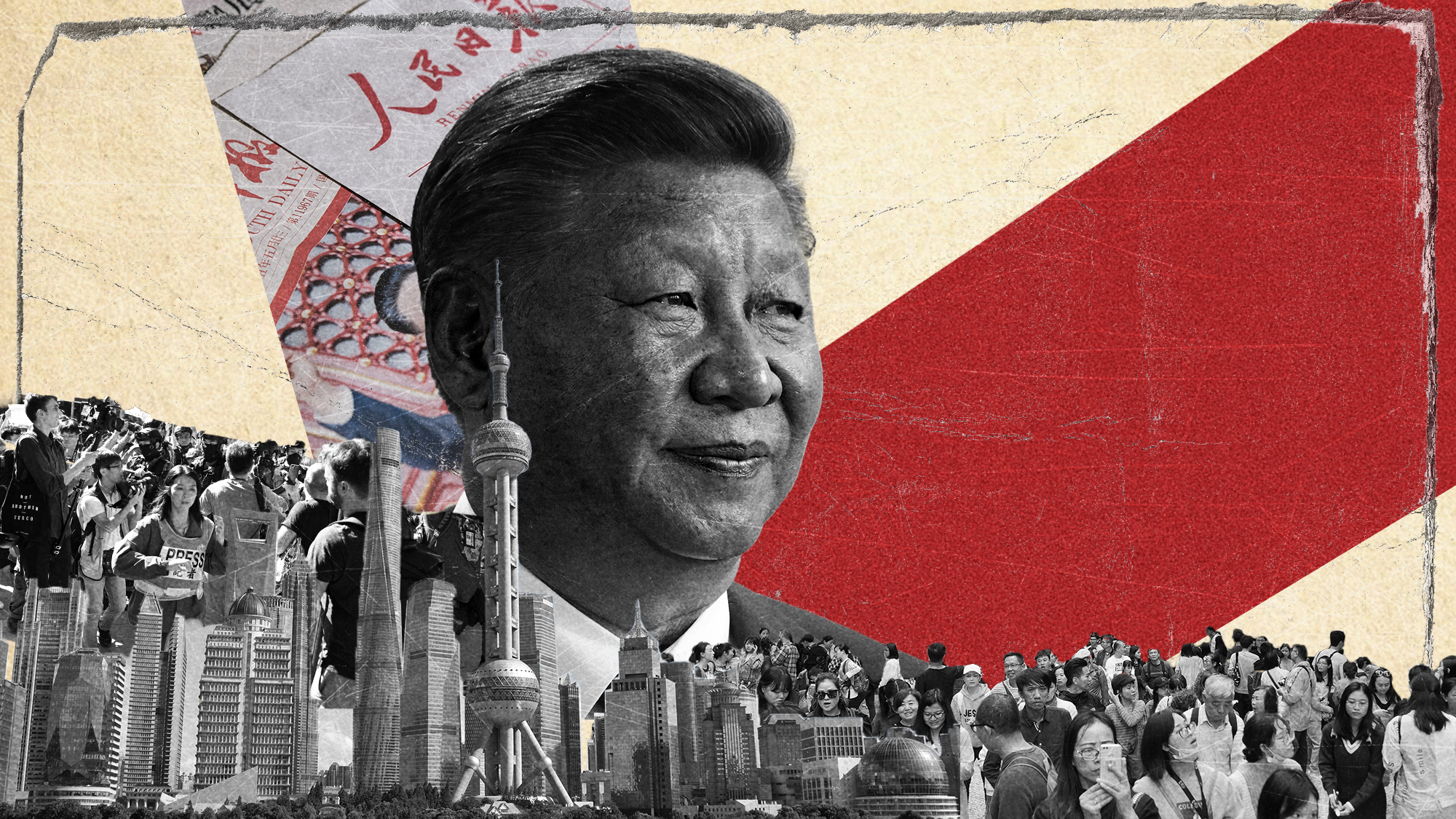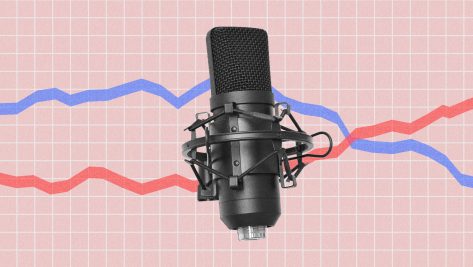The Chinese system is routinely classified as communist by the international community and the Chinese leaders call their party the Communist Party, while referring to the system as “socialism with Chinese characteristics.” The use of that term largely explains the antagonism prevailing against China in many Western societies and could be the ultimate cause of dangerous conflicts in the future.
Yet, does the Chinese socioeconomic and political system actually correspond to the definition of communism? Communism is a system in which the State (representing society or the community) owns the means of production and decides what, how, for whom, and how much is produced. Therefore, there is no private property or individual initiative to decide what to consume or to resolve these questions concerning production. In this model, access to consumer products is determined by the needs of each individual, so there are no differences in terms of standard of living, nor social classes differentiated by that factor.
China aspired to a system close to this characterization from 1949, in the era of Mao Zedong. Under his leadership, agricultural activity was collectivized, the State appropriated the country’s land, and practically the entire industrial sector passed into the hands of the State.
However, as a result of profound reforms agreed in late 1978 under the leadership of Deng Xiaoping, China began to create ample space for private enterprise, individual initiative, and foreign investment. Ideological purism was replaced by the search for economic and social results, within the framework of a pragmatic perspective, summarized in Deng Xiaoping’s well-known verdict “it does not matter if the cat is black or white, as long as it catches mice”.
Pro-market and pro-private enterprise reforms and the consolidation of a mixed economy coincide with extraordinary achievements. Between 1980 and 2010, China’s GDP grew at a rate of close to 10% per year and 800 million people were lifted out of poverty. These gigantic economic and social achievements are unparalleled in history. Today the world worries about (or is relieved by?) China’s “slow” growth, given that it is around 5% per year. But it should be noted that the rate corresponding to the United States, Germany, and Japan is 2.7, 0.2, and 0.9, and the average for the European Union is 0.7% and 1.5% for the G7.
China is second only to the United States in terms of GDP size and is the undisputed leader in the production of a large number of high-tech industrial products. Their level of efficiency and competitiveness is such that the Western leaders most ideologically persuaded of the benefits of free trade and the theory of comparative advantage are resorting to a series of protectionist measures to prevent their industrial sectors from being devastated by Chinese exports.
It is contended that these measures are necessary because the Chinese Government subsidizes its enterprises, which allegedly creates unfair competition. (The magnitude of those subsidies is unknown, but they exist… just as subsidies and tax exemptions exist and have existed in the United States, Europe, and Japan for specific industries, chosen for their social, geographical, military, or technological impacts.)
Despite this openness to market forces and private enterprise, the Chinese state continues to own important segments in banking, energy, transportation, and other sectors. In general, direct state participation in production is much more significant than in the United States, although similar to that which was characteristic of Western Europe before 1980.
Either China is not communist or communism is an excellent system for economic growth and poverty reduction.
In short, the Chinese system is as far removed from neo-liberalism as it is from communism. But denouncing it as communist serves to justify to the masses of voters in the United States and Europe economic measures aimed at protecting the corporate sectors of those countries and strengthening military spending (and the business of the military-industrial complex). Many business people in the West do believe that China’s system is communist, so they fear that if China continues to strengthen its ideology, it will eventually be adopted with the ensuing expropriation of their own wealth. That is why many of them participate in the anti-China belligerence.
The truth is that China is not communist, since the private sector and individual initiative have a strong presence and there is ample room for market forces, which explains the post-1978 successes. But if it were communist, would it not imply that communism is an excellent socio-economic system? Putting it in another way, either China is not communist or communism is an excellent system for economic growth and poverty reduction. So much so that it should then be adopted by the Global South.
Politically, China is a “One Party State”, with consequent limitations on numerous freedoms. But this does not make it a communist country. If that were the case, then Pinochet’s Chile would have been communist, not to mention the monarchies of the Persian Gulf such as Saudi Arabia. Those should be labeled as “One Family States” but never, for that reason, communist.
The confusions arising from the internal narrative of the Chinese leaders themselves in continuing to refer to their system as the Chinese Communist Party, compounded by Western propaganda against “communist” China, transcend semantics. It is difficult for the Chinese leaders, because since the founding of the party in 1923 their strategy was to convince the Chinese people that Marxist collectivism had the answers to their development aspirations. With this argument, the party won the civil war against the Kuomintang and has been in power since 1949. Accepting that economic and social successes came when they dumped communism does not fit at all with that narrative. That is why they decide to continue calling themselves the Communist Party (post-truth in China?).
In the West, the logical propagandistic sequence starts from truth to arrive at a lie: “Communism is bad, China is communist, therefore, China is bad” (post-truth in the West?). That lie has been soaked into the hearts and minds of millions of people around the world, creating scenarios in democracies to justify aggressive economic and military attitudes against China and, eventually, new wars (and new benefits for the politicians and businessmen who profit from them).
Communism has been a resounding failure wherever it has been implemented, both from the economic-social point of view and in relation to basic freedoms and human rights. But the Chinese system is not communist. If someone is going to hate or fear China, let them find their reasons, but it shouldn’t be because it is communist – because it is not.
© IE Insights.











